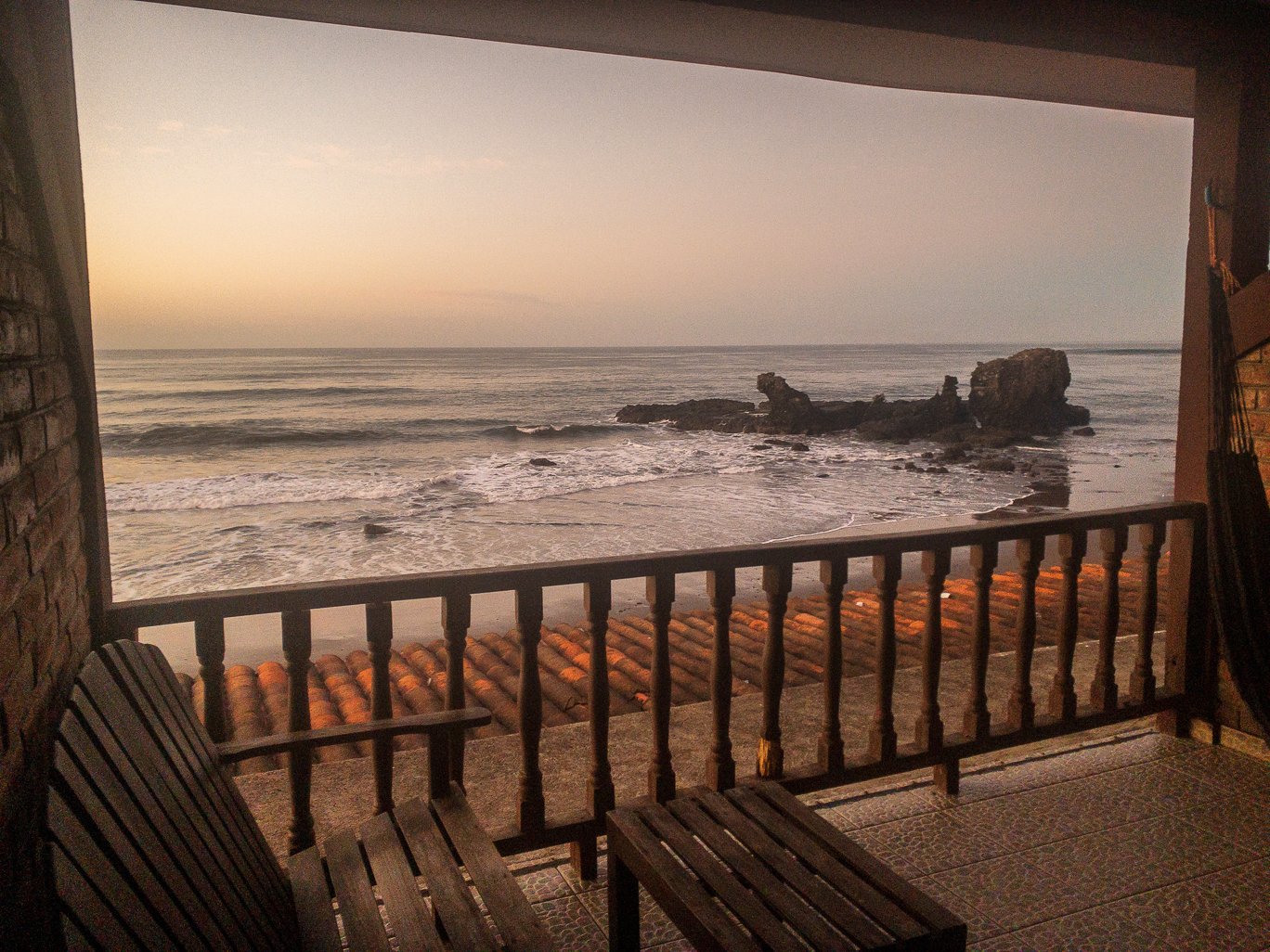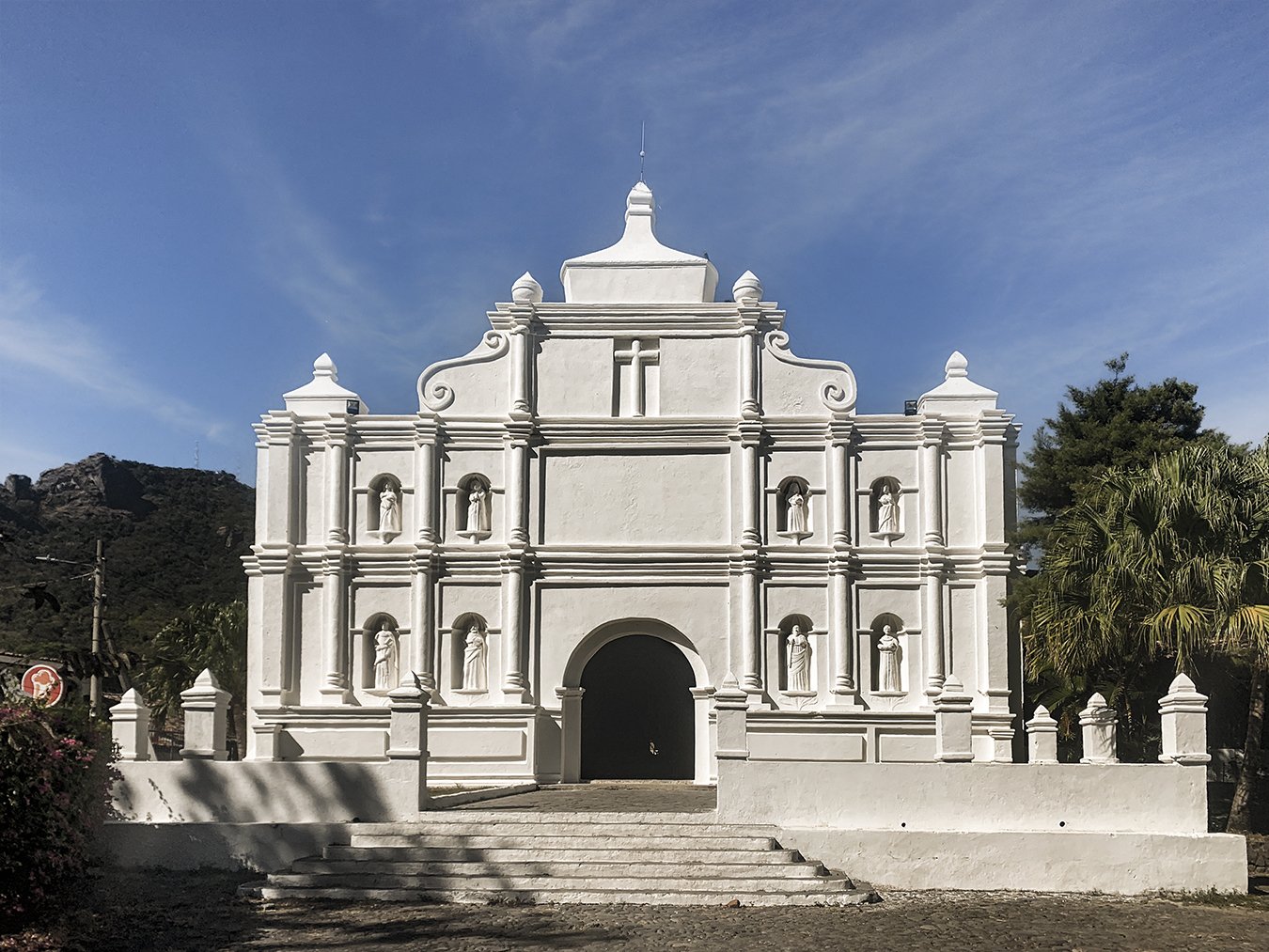
EL SALVADOR
COUNTRY #5
AMILCAR

Amilcar’s Wisdom:
“The Nahuat live”
“Ne nawat Nemi yultuk” (Nahuatl)

About the Nahual (Pipil)
The Nahual, or Pipil, are an indigenous people of El Salvador. They have a rich culture and history dating back to pre-Columbian times. The Nahual are known for their unique belief system, which revolves around the concept of nagualism. This is the belief that everything in the universe is connected and that all beings have both a physical and spiritual form. The nagual is said to be the conduit between the physical and spiritual worlds. The Nahual are also known for their traditional healing practices. These include using herbs and plants to treat illnesses, as well as setting bones and massaging muscles. The Nahual have a deep connection to the land and their culture is an important part of El Salvador's national identity.

About El Salvador
El Salvador is the smallest country in Central America and the most densely populated country in the Americas. It is bordered on the northeast by Honduras, on the northwest by Guatemala, and on the south and east by the Pacific Ocean. It has a long history dating back to before the Spanish conquest when it was inhabited by the Pipil people. El Salvador declared independence from Spain in 1821 and became part of the Mexican Empire. It then separated from Mexico in 1823 and became an independent republic. Over the next 150 years, El Salvador experienced much political turmoil and violence, culminating in a civil war in the 1980s. Since then, El Salvador has made significant progress in rebuilding its economy and society. Today, the nation is a multi-ethnic country made up mostly of Mestizos, although there are also significant populations of european, indigenous, afro-Salvadoran, and asian descent.

TRAVELOGUE
Chapter 5: El Salvador
During a steep hike to Puerta del Diablo (Devil’s Gate), I learned about the importance of the land to the indigenous community surrounding the region.

